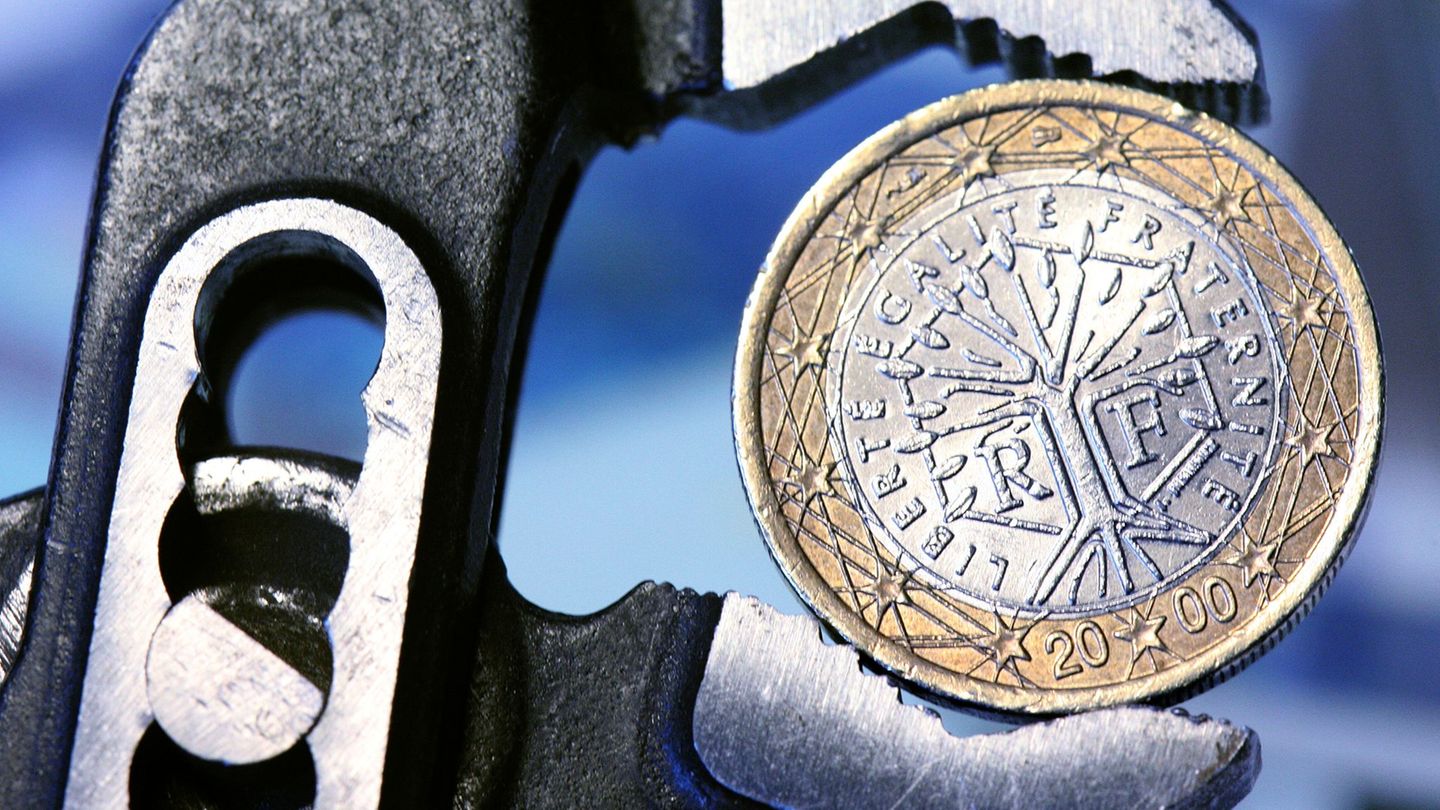Changes at Payback: Old partners leave, new ones come. The savings banks will not only join the bonus program, but will also bring their own partners with them. What does this mean for consumers?
The Payback bonus program will expand the number of users in the coming year. The intermediaries are the savings banks, which pave the way for Payback as a new partner. “The savings banks have over 9,000 companies in their own loyalty system and bring them into the Payback program,” said Managing Director Bernhard Brugger.
Customers could then collect points at many retail points of sale. The Edeka Group, including Netto and Marktkauf, will also be added next year, as has been known since last year. “This brings an enormous amount of size and options on top to the program for customers,” said Brugger.
Sparkasse customers can benefit
The Sparkassen-Finanzgruppe and Payback contractually sealed their collaboration in mid-November. The savings banks enhance the Girocard through cooperation with the Payback bonus system.
From 2025, millions of savings bank customers will be able to collect Payback bonus points directly when making cashless payments with the plastic card, which is often still commonly called “EC card”. Payback users can collect bonus points when shopping at around 700 partner companies such as gas stations, drugstores and supermarkets in order to later exchange them for rewards or vouchers.
“The savings banks alone have over 40 million checking cards in circulation. That’s quite a pound that we’re gaining at this point,” said Brugger. “A checking card for points bundles many services for customers, and they can also store the card in the Payback app for payment purposes.” In addition, Payback wants to bring various financial products to the fore, for which there will also be discount points.
Criticism of bonus programs
With 31 million customers, Payback is the largest bonus program in Germany. The participating companies award discount points and in return gain insight into their customers’ purchases.
On this basis, marketing departments can target customers with offers and advertising. Bonus systems are not without controversy. Consumer advocates warn against revealing too much personal data for a discount and thus becoming a “transparent customer”.
In recent years, many companies have launched their own loyalty programs. At the beginning of last year it became public that the supermarket chain Rewe would concentrate on its own discount system – this would then be replaced by the Edeka Group at Payback.
And according to reports, the pet food chain Fressnapf, which is present in several European countries, only wants to rely on its own app in the foreseeable future. Payback, in turn, has been testing a “Payback Animal World” in Austria for a year, which will probably also be launched in Germany.
Growth at Payback
On balance, according to Brugger, Payback has grown significantly: “We have gained over a hundred new partners in the last few years, from Amazon to C&A to Globus and Decathlon; in total there are now almost 700 partners from all industries.” The extension of some partner contracts is just as important.
Brugger named, among others, the pharmaceutical wholesaler Phoenix, the bookstore chain Thalia, the organic supermarket chain Alnatura, and, as a “very important” contract extension, the dm drugstores. “We will have more customer connection and interaction in 2025 than ever before,” he said.
The company has expanded its online area and is successful in travel, for example. Half of the business is digital. “The number of active Payback app users has increased from 8 million in 2019 to almost 12 million, and a total of over 31 million Payback customers collect points in Germany.” The Payback app is the number three shopping app in Germany after Amazon and Ebay.
Source: Stern




